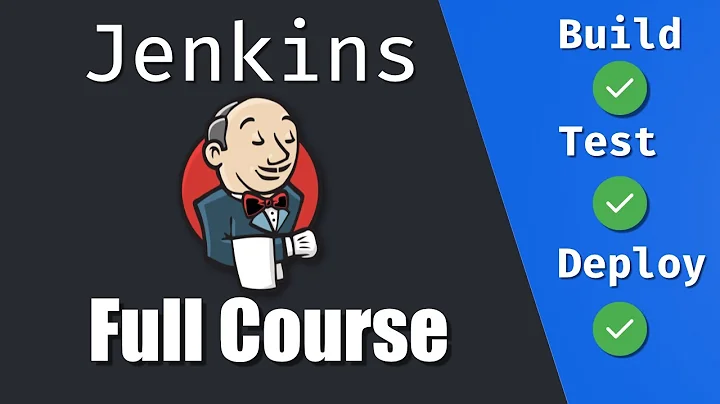It has been ten years since the Jenkins (originally called Hudson) Devops tool created by Kohsuke Kawaguchi. Before the fork triggered by the Oracle/Sun acquisition, the platform, written in Java, was quite popular in the continuous integration and delivery space. The latest news about is that the Jenkins project team has just stated that this week’s 2.357 and the LTS version coming in September will need to run on Java 11.

Screenshot (from: Jetkins.io)
While Jenkins LTS core has supported Java 11 for some time, Java 11 itself dates back to 2018 as a "Long Term Support Release" (LTS).
Additionally, as part of a farewell to Java 8, which was released in 2014 (and will continue to be supported by vendors until 2030), the June LTS also already supports Java 17 (the latest LTS for Java SE). The
Jenkins team pointed out that although the project will remain on Java 8 for the foreseeable period, doing so would be insufficiently rigorous.
After all, multiple third-party libraries used by Jenkins all depend on higher Java versions, so insisting on using Java 8 will result in fewer updates to upstream projects.

The problem is that the transition from Java 8/9 to higher versions will also bring various challenges to many developers - whether it is technical support in terms of language/runtime, or legal licensing policy issues. After
learned from the pain, Jenkins finally started supporting Java 11 in 2018 and officially made this request with this week's release.
In addition, Jenkins will also bring new support for Java 17, but it has not yet reached the stage where it can be quickly promoted to the community.
The good news is that the migration process from Java 11 to Java 17 in the future will certainly not be as painful as the migration from Java 8 to Java 11.





















